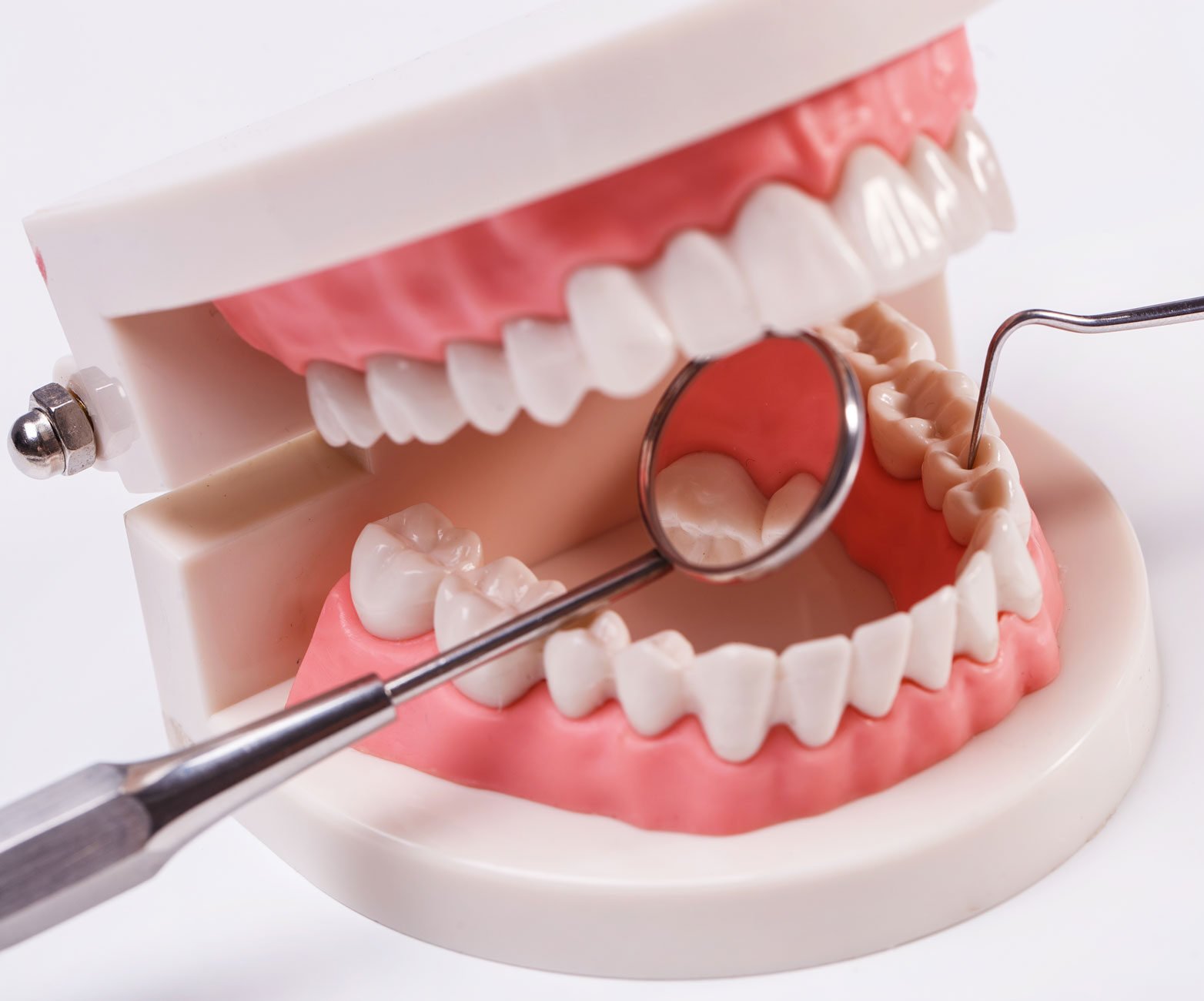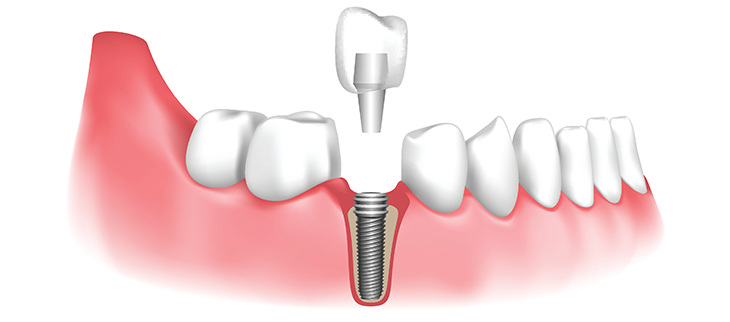How long does teeth whitening last? This is a common question many patients have after undergoing a teeth whitening procedure. The answer depends on several factors such as the patient’s oral hygiene habits, diet, and lifestyle. Understanding how to maintain your whiter smile can help you prolong the results of your teeth whitening treatment. In this article, we will discuss the lifespan of teeth whitening results and tips on how to make it last longer.
Longevity of Teeth Whitening Results: What to Expect After Getting Dental Implants
Longevity of Teeth Whitening Results: What to Expect After Getting Dental Implants
Teeth whitening is a popular cosmetic dental procedure that many people undergo to achieve a brighter and more confident smile. However, if you have dental implants, you may be wondering if teeth whitening is still an option for you and how long the results will last.
The good news is that teeth whitening can still be done even if you have dental implants. The procedure involves applying a special gel to your teeth that contains hydrogen peroxide or carbamide peroxide. These substances work together to break down stains on the surface of your teeth and whiten them over time.
However, it’s important to note that the results of teeth whitening may not last as long for people with dental implants as they do for those without. This is because dental implants are made from materials that don’t respond to the whitening agents in the same way as natural teeth.
So what can you expect in terms of longevity? Typically, the results of teeth whitening for dental implant patients can last anywhere from a few months to a year. This can vary depending on factors such as how often you consume staining substances like coffee or red wine, and how well you care for your teeth in general.
To prolong the effects of teeth whitening on dental implants, dentists recommend practicing good oral hygiene habits such as brushing twice a day, flossing at least once a day, and avoiding stain-causing substances whenever possible. You may also want to consider touch-up treatments every few months to keep your smile looking bright and fresh.
In summary, teeth whitening is still an option for people with dental implants, but the results may not last as long as they do for those without. By taking good care of your teeth and avoiding staining substances, you can help prolong the effects of teeth whitening and enjoy a bright, confident smile for months to come.
What is the duration of teeth whitening results?
The duration of teeth whitening results after a dental implant varies from person to person and depends on several factors. These include the type of treatment used, the condition of the teeth before the treatment, and the individual’s lifestyle habits.
In-office teeth whitening procedures can provide immediate results that last for several months. However, if the patient continues to consume stain-causing foods and beverages or use tobacco products after the treatment, the effects will fade faster.
At-home teeth whitening treatments can also provide great results but often take longer to achieve noticeable improvements. These treatments typically involve wearing custom-made trays filled with a whitening solution for several hours per day over several weeks.
To maintain the results of teeth whitening after a dental implant, it is important to avoid consuming stain-causing foods and drinks and to practice good oral hygiene habits, including regular brushing and flossing. Your dentist may also recommend touch-up treatments as needed to keep your smile looking bright and fresh.
Is teeth whitening from a dentist worth it?
Teeth whitening from a dentist can be worth it depending on your personal preferences and needs. While there are many over-the-counter products that claim to whiten teeth, they may not provide the same level of effectiveness or safety as professional treatments.
One potential benefit of getting your teeth professionally whitened is that the results are often more dramatic and longer-lasting than those from at-home kits. Dentists also use stronger bleaching agents and custom trays that fit your teeth precisely, which can minimize the risk of gum irritation and ensure consistent results.
However, teeth whitening is not recommended for everyone. If you have dental implants or other restorations, such as crowns or bridges, these will not change color with the bleaching agent, potentially resulting in uneven coloration. Additionally, if you have untreated cavities or gum disease, you may need to address these issues before undergoing any cosmetic dental treatments.
Overall, if you are considering teeth whitening from a dentist, it’s important to speak with your dental provider to determine if it is a safe and appropriate option for you.
Is it possible for teeth whitening to be permanent?
No, teeth whitening is not permanent. Over time, the effects of teeth whitening will begin to fade as your teeth are exposed to certain foods, drinks, and other substances that can stain or discolor them. Factors such as age, genetics, and lifestyle habits can also contribute to the fading of teeth whitening results. However, maintaining good oral hygiene and avoiding certain foods and beverages can help prolong the effects of teeth whitening. If you are looking for a long-lasting solution for discolored or stained teeth, you may want to consider dental implants or veneers, both of which can provide a permanent improvement to your smile.
Would my teeth return to their yellow color after whitening?
Teeth whitening is a treatment that can remove stains and discoloration from teeth, resulting in a brighter, whiter smile. However, it is important to note that the effects of teeth whitening are not permanent and your teeth may gradually return to their previous yellow color over time. Factors such as diet, lifestyle habits, and natural aging can all contribute to tooth discoloration. To maintain the results of teeth whitening for as long as possible, it is recommended to avoid foods and beverages that are known to stain teeth (such as coffee, tea, and red wine) and to practice good oral hygiene habits, including regular brushing, flossing, and professional cleanings. Additionally, dental implants can also be whitened to match the color of your natural teeth, providing a cohesive and uniform smile.
Frequent Questions
Does teeth whitening have any impact on Dental Implants longevity?
Teeth whitening does not have any direct impact on the longevity of dental implants. Dental implant materials such as titanium or ceramic are highly resistant to discoloration and do not respond to whitening products like natural teeth.
However, it is important to note that while dental implants cannot be whitened, it is still recommended to maintain good oral hygiene practices, including regular professional cleanings, to ensure the longevity of both the implant and natural teeth.
Additionally, some patients may choose to whiten their natural teeth after receiving dental implants to achieve a more uniform smile. In these cases, it is important to consult with your dentist or prosthodontist first to ensure that the whitening products used will not damage the implant material or surrounding gums.
How often do I need to get my Dental Implants whitened after the initial treatment?
There’s no one-size-fits-all answer to this question as it depends on various factors such as your lifestyle habits, oral hygiene routine, and the type of whitening treatment you received. However, as a general rule of thumb, most dental professionals recommend getting touch-up whitening treatments every six months to a year to maintain the brightness of your Dental Implants. It’s important to note that overexposure to whitening treatments can damage your natural teeth and Dental Implants, so it’s best to consult with your dentist before undergoing any whitening procedures. Furthermore, maintaining good oral hygiene habits such as brushing twice a day, flossing, and avoiding stain-causing food and drinks can help prolong the longevity of your teeth whitening results.
Can teeth whitening treatments damage the surface of Dental Implants over time?
Teeth whitening treatments do not necessarily damage the surface of Dental Implants. However, it is important to note that Dental Implants are made of materials that cannot be bleached like natural teeth. Therefore, if you have Dental Implants and want to whiten your teeth, it is important to opt for alternative whitening methods such as non-bleaching procedures or using whitening products specifically designed for Dental Implants. Additionally, excessive use of certain whitening products can cause damage and erosion to the surrounding gum tissue, which can indirectly impact the stability and longevity of the Dental Implants. It is always advisable to seek professional advice from your dental implant specialist before undergoing any teeth whitening treatment.
In conclusion, teeth whitening is a great way to improve the appearance of your smile and boost your confidence. While the duration of the results may vary depending on various factors such as lifestyle habits and genetics, you can expect it to last anywhere from 6 months to 3 years. It’s important to remember that maintaining good oral hygiene and avoiding foods and drinks that stain your teeth can help extend the longevity of your whitening treatment. If you’re considering dental implants, it’s best to consult with your dentist to determine the most suitable timing for your teeth whitening procedure. Overall, whether it’s for a special occasion or just to enhance your everyday look, teeth whitening can be a valuable investment in yourself and your oral health.



